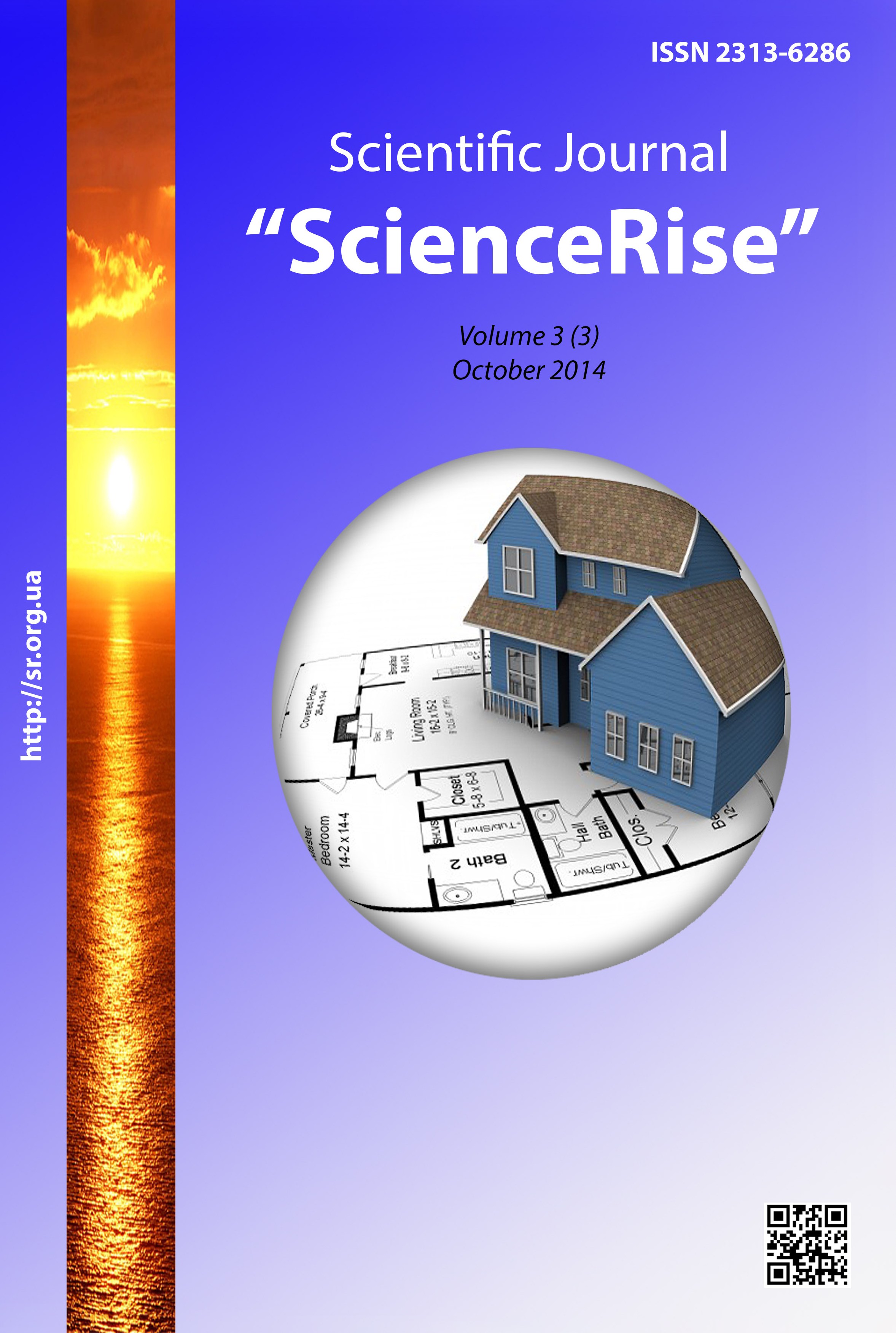Forming the contents of development of professionally significant qualities of a teacher of technology in post-graduate education
DOI:
https://doi.org/10.15587/2313-8416.2014.27466Keywords:
goal, aims, stages, contents, module, continuous development, professionally significant qualitiesAbstract
The key requirements to formation of the contents of development of professionally significant qualities of a teacher of technology were presented in the article; connection between ability to set goals, continuous self-perfection and the role of professionally significant qualities in these processes was found out; the key aims, stages of development, expected results and algorithm of self-analysis of professionally significant qualities were defined.
References
Zinchenko, G. P. (1988). Nepreryvnoe obrazovanie [Continuing education - need of the hour]. Znanie, 63.
Kovalenko, I. V. Theoretical basis of research continuing education as an innovative system. Available at: http://cyberleninka.ru/article/n/teoreticheskie-osnovy-issledovaniya-nepreryvnogo-obrazovaniya-kak-innovatsionnoy-sistemy. (Last accessed: 12.09. 2014)
Bozhovich, L. I. (1981). Psihologicheskij analiz formirovanija i stroenija garmonicheskoj lichnosti. Moscow: Nauka, 301.
Masloy, A. G. (1999). Motivaciya i lichnost’ [Motivation and Personality]. Evraziya, 479.
Kraevskiy, V. V., Beregnova, E. V. (2008). Metodologiya pedagogiki: ucheb. posobie [dlya stud. vycsh. ucheb.zavedeniy] [Methodology of pedagogy: a new stage]. Moscow, Russia: Publishing Center "Academy", 400.
Gromkova, M. T. (2012). Pedagogika vycshey shkoly [Pedagogy of higher education]. JuNITI-DANA, 447.
Lobanov, A. P., Drozdova, N. V. (2008). Modul’ny podhod v sisteme vycshego obrazovaniya: osnovy strukturalizacii i metapoznaniya [Modular approach in higher education : the basics of structuralization and metacognition]. Minsk, Belarussia, 84.
Downloads
Published
Issue
Section
License
Copyright (c) 2014 Ірина Михайлівна Ковальчук

This work is licensed under a Creative Commons Attribution 4.0 International License.
Our journal abides by the Creative Commons CC BY copyright rights and permissions for open access journals.
Authors, who are published in this journal, agree to the following conditions:
1. The authors reserve the right to authorship of the work and pass the first publication right of this work to the journal under the terms of a Creative Commons CC BY, which allows others to freely distribute the published research with the obligatory reference to the authors of the original work and the first publication of the work in this journal.
2. The authors have the right to conclude separate supplement agreements that relate to non-exclusive work distribution in the form in which it has been published by the journal (for example, to upload the work to the online storage of the journal or publish it as part of a monograph), provided that the reference to the first publication of the work in this journal is included.

